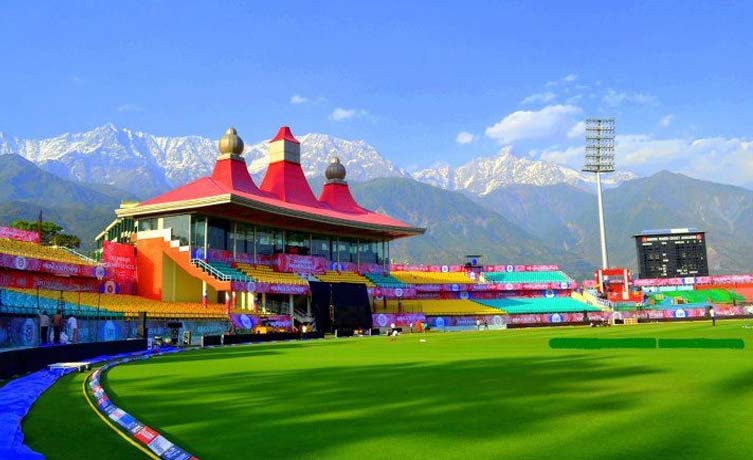MCLEOD GANJ

ABOUT CITY
McLeod Ganj was named after Sir Donald Friell McLeod, a Lieutenant Governor of Punjab; the suffix ganj is a common Persian word used for “neighbourhood
In March 1850, the area was annexed by the British after the Second Anglo-Sikh War, and soon a subsidiary cantonment for the troops stationed at Kangra was established on the slopes of Dhauladhar, on empty land, with a Hindu resthouse or dharamshala; hence the name for the new cantonment, Dharamshala. During the British rule in India, the town was a hill station where the British spent hot summers, and around the late 1840s, when the district headquarters in Kangra became overcrowded, the British moved two regiments to Dharamshala. A cantonment was established in 1849, and in 1852 Dharamshala became the administrative capital of Kangra district. By 1855, it had two important places of civilian settlement, McLeod Ganj and Forsyth Ganj, named after a Divisional Commissioner.[4] In 1860, the 66th Gurkha Light Infantry, later renamed the historic 1st Gurkha Rifles, was moved to Dharamshala. Soon, 14 Gurkha paltan villages were established nearby and the Gurkhas patronised the ancient Shiva temple of Bhagsunath.
Lord Elgin, the British Viceroy of India (1862–63), liked the area so much that at one point he suggested it be made the summer capital of India. He died at Dharamshala while on a tour there, on 20 November 1863, and lies buried at the St. John in the Wilderness church at Forsyth Ganj, just below McLeod Ganj.[4] His summer residence, Mortimer House, became part of the private estate of Lala Basheshar Nath of Lahore and was acquired by the Government of India to house the official residence of the Dalai Lama.